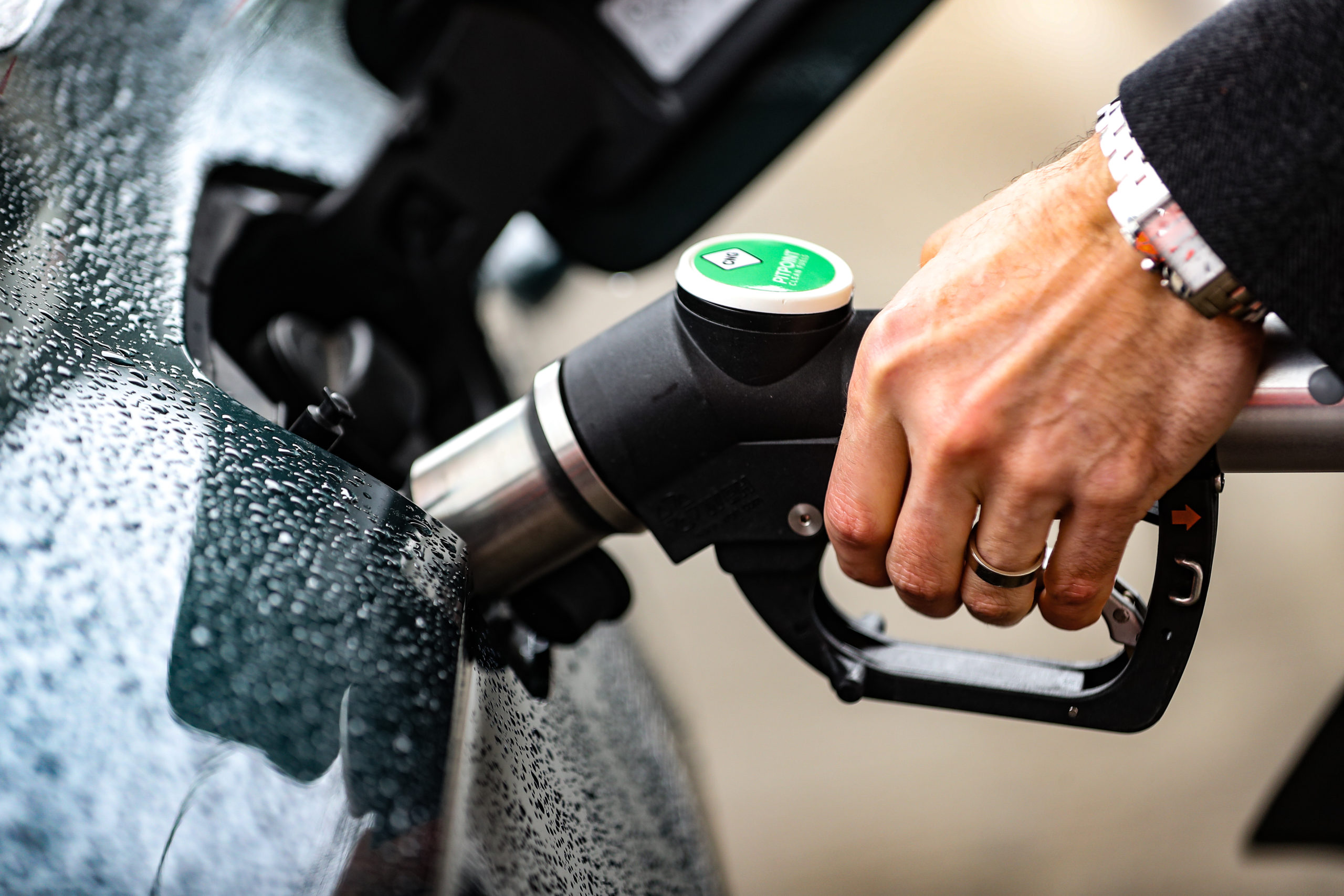
Total opens first ‘bio-CNG’ filling station in Wallonia

As local biomethane isn’t pure enough for use in cars, Total has chosen to compensate every kilo of CNG flowing through its new pump in Jambes with certificates of origin from bioCNG purchased in France and Holland. /Belga
This Wednesday, petroleum giant Total has opened in Jambes its first 'bio-CNG' filling station in Wallonia. Actually, the fuel coming out of


Comments
Ready to join the conversation?
You must be an active subscriber to leave a comment.
Subscribe Today